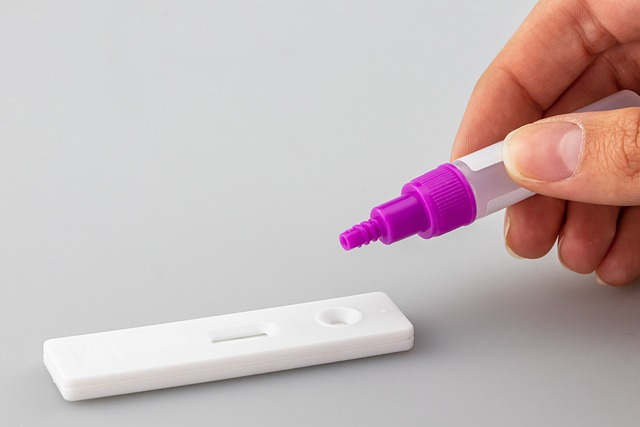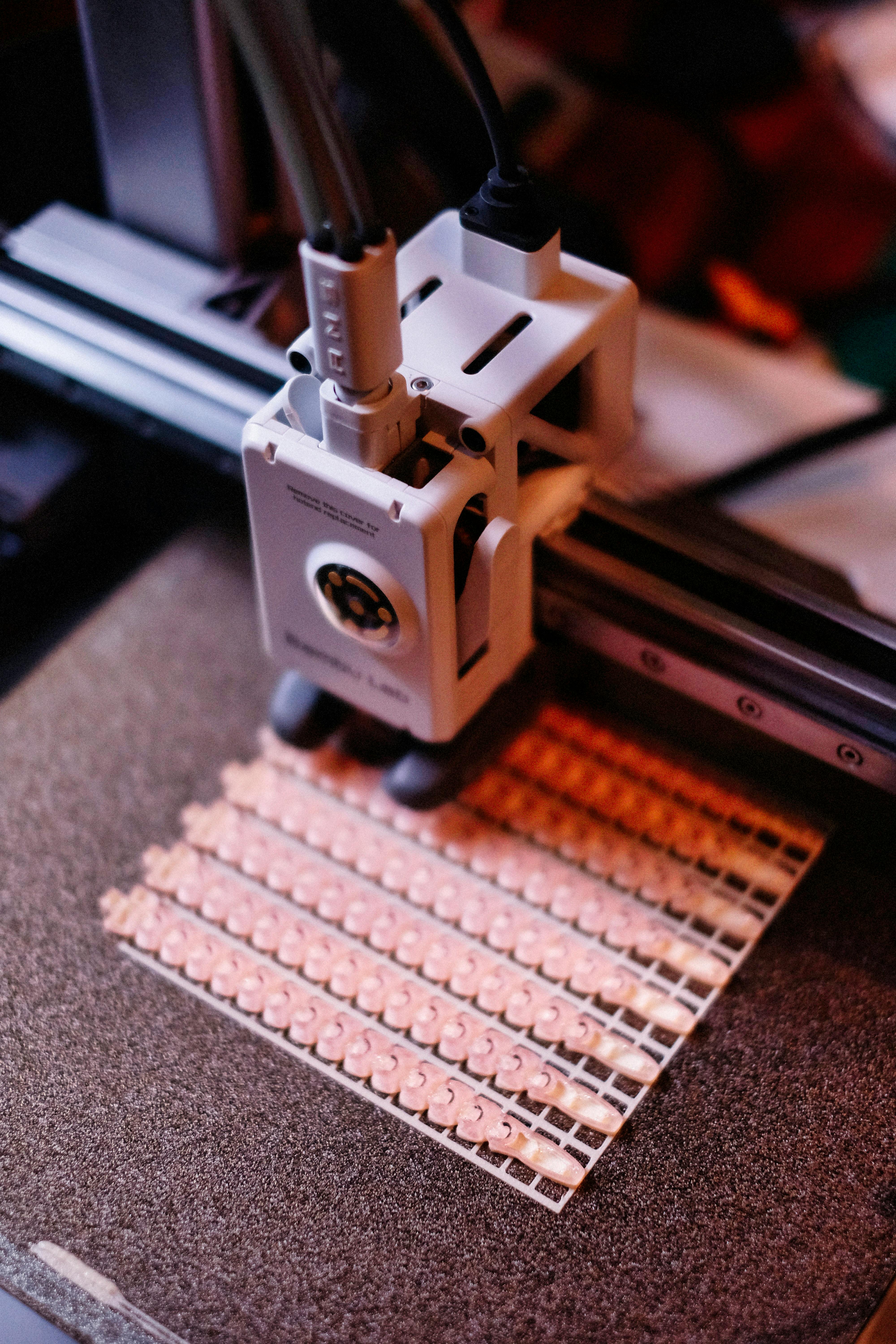Blood Tests That Can Detect Cancer In Its Early Stages
Early cancer detection through blood testing has revolutionized modern healthcare, offering patients and physicians powerful tools for identifying malignancies before they advance to later stages. These innovative screening methods analyze various biomarkers, circulating tumor cells, and genetic materials present in blood samples to detect cancer presence months or even years before traditional symptoms appear, significantly improving treatment outcomes and survival rates.

What Are Blood Tests That Show Cancer
Blood tests that show cancer work by identifying specific markers, proteins, or genetic material that cancer cells release into the bloodstream. These tests examine tumor markers like PSA for prostate cancer, CA-125 for ovarian cancer, and AFP for liver cancer. Additionally, newer liquid biopsy tests can detect circulating tumor DNA (ctDNA) and circulating tumor cells (CTCs) that break away from primary tumors and enter the bloodstream.
These screening methods offer several advantages over traditional diagnostic approaches. They are minimally invasive, requiring only a simple blood draw, and can be performed regularly as part of routine healthcare monitoring. Unlike imaging tests or tissue biopsies, blood tests cause minimal discomfort and carry virtually no risk of complications.
How Blood Tests Can Detect Cancer In Its Early Stages
Blood tests that can detect cancer in its early stages utilize advanced molecular techniques to identify cancer-related changes before tumors become large enough to cause symptoms or appear on imaging studies. Multi-cancer early detection (MCED) tests analyze methylation patterns in cell-free DNA, which can indicate the presence of cancer and sometimes even suggest the tissue of origin.
These tests work by recognizing that cancer cells have different genetic and epigenetic signatures compared to healthy cells. As tumors grow, they shed genetic material into the bloodstream, creating detectable patterns that sophisticated laboratory analysis can identify. Some tests can detect over 50 different cancer types from a single blood sample, making them valuable screening tools for comprehensive cancer surveillance.
Understanding Blood Tests Cancer Detection Methods
Blood tests cancer detection encompasses several different methodologies, each with specific strengths and applications. Protein-based tumor marker tests measure elevated levels of specific proteins associated with particular cancer types. These include CEA for colorectal cancer, CA 19-9 for pancreatic cancer, and HCG for testicular and ovarian cancers.
Liquid biopsy represents the most advanced form of blood-based cancer detection. These tests analyze cell-free DNA fragments that tumors release into circulation, examining genetic mutations, chromosomal abnormalities, and methylation patterns characteristic of malignant cells. Some liquid biopsies can also detect circulating tumor cells directly, providing information about cancer aggressiveness and potential treatment responses.
Accuracy and Limitations of Cancer Blood Tests
While blood tests for cancer detection show promising results, understanding their accuracy and limitations remains crucial for proper implementation. Current multi-cancer early detection tests demonstrate sensitivity rates ranging from 18% for stage I cancers to over 90% for stage IV cancers, with specificity rates typically exceeding 99%.
False positive results can occur, potentially leading to unnecessary anxiety and additional testing. False negatives are also possible, where cancer exists but the blood test fails to detect it. Factors affecting test accuracy include cancer type, tumor size, stage of disease, and individual biological variations. These tests work best as complementary screening tools alongside traditional methods rather than standalone diagnostic solutions.
Cost Considerations for Cancer Blood Tests
The cost of cancer detection blood tests varies significantly depending on the specific test type and complexity. Basic tumor marker tests typically range from $100 to $300 per test, while comprehensive multi-cancer early detection panels can cost between $950 and $1,500.
| Test Type | Provider | Cost Estimation |
|---|---|---|
| Basic Tumor Markers | LabCorp | $150 - $400 |
| Comprehensive Panel | Quest Diagnostics | $200 - $500 |
| Liquid Biopsy | Guardant Health | $1,000 - $1,500 |
| Multi-Cancer Detection | GRAIL (Galleri) | $949 - $1,200 |
Insurance coverage varies widely, with some plans covering tumor marker tests when medically indicated but often excluding newer screening tests for asymptomatic individuals. Many testing companies offer payment plans or financial assistance programs for qualifying patients.
Prices, rates, or cost estimates mentioned in this article are based on the latest available information but may change over time. Independent research is advised before making financial decisions.
Future Developments in Blood-Based Cancer Screening
Ongoing research continues to improve the sensitivity and specificity of blood tests for cancer detection. Scientists are developing more sophisticated algorithms that combine multiple biomarkers, improving early-stage detection rates while reducing false positives. Artificial intelligence and machine learning applications are enhancing pattern recognition capabilities, potentially identifying cancer signatures that human analysis might miss.
Emerging technologies include protein-based assays that detect cancer-associated autoantibodies and metabolomic profiling that identifies cancer-related changes in blood chemistry. These advances promise to make blood-based cancer screening more accessible, accurate, and cost-effective for widespread population screening programs.
Blood tests for early cancer detection represent a significant advancement in preventive healthcare, offering hope for improved outcomes through earlier intervention. While these tests continue evolving, they already provide valuable tools for cancer screening when used appropriately in conjunction with traditional diagnostic methods and under proper medical supervision.
This article is for informational purposes only and should not be considered medical advice. Please consult a qualified healthcare professional for personalized guidance and treatment.




